African Fungus Day 2024
African Fungus Day, observed on 25 May, sheds light on the crucial role fungi play in African ecosystems and societies. Recognizing the significance of this date, mycologists in Africa designated it as African Fungus Day in honor of the formation of the Organisation of African Unity (OAU) on 25 May, 1963.
This year FABI will host the online event on 23 May, themed "Mycological Research in Africa: Exploring New Horizons". By fostering understanding and appreciation for fungi, the day aims to encourage conservation efforts and sustainable practices.Interested individuals can register for event updates and details via the provided menu.
To register for the event, please click on the Registration TAB on the left of this page. The Zoom Link for the event will be e-mailed to you.
For any inquiries, feel free to reach out to Dr Neriman Yilmaz and Prof. Irene Barnes.
Click here to visit the African Fungus Day website.
Click here to visit the African Mycological Association (AfriMA) website.
Programme: African Fungus Day
23 May 2024 (Time AM, GMT+2)
10:00 Welcome to AFD webinar: Your hosts: Prof. Irene Barnes and Dr Neriman Yilmaz
10:05 What is AfriMA?: Prof. Francisca Okungbowa (Vice President of AfriMA)
10:10 Upcoming IMC meeting and the AfriMA workshop: Dr Sarah Ahmed
SESSION 1: Chair: Prof. Irene Barnes
10:20 Dr Richard Kwizera: Dilemma of diagnosing chronic pulmonary Aspergillosis in a TB endemic Africa: the Ugandan experience. Makere University Infectious Diseases Institute, Uganda.
10:35 Prof. Cobus Visage: Exploring Penicillium diversity in South Africa. FABI, University of Pretoria, South Africa.
10:50 Dr Fadwa Mahnni: The Orphans of Rio in Northern Africa: Libya - a case study. Tripoli University, Libya.
11:05 Dr Neriman Yilmaz: Diversity and mycotoxin contamination in maize ear rots of the Eastern Cape, South Africa. FABI, University of Pretoria, South Africa.
11:20 – 11:35 BREAK (15 min)
SESSION 2: Chair: Dr Neriman Yilmaz
11:35 Prof. Sherif Saeed Elsayed: Unveiling African tropical and subtropical fungi for neurotrophic secondary metabolites. HZI, Germany.
11:50 Dr Janneke Aylward: The occurrence of Cypress canker pathogens in South Africa. Stellenbosch University, South Africa.
12:05 Mr Mthokozisi Dladla: Aspergillus species from food commodities in South Africa. University of the Free State, South Africa.
12:20 Prof. Raphael Mordi: Emergence of pathogenic molds, what's the way forward? Western Delta University, Nigeria.
12:35 Prof. Adedotun Adekunle: Exploring new horizons in mycology across Africa: Central and West Africa experience. University of Lagos, Nigeria.
12:50 – 13:15 Discussion and closing
Registration information
Please fill in the registration form should you wish to attend the seminars celebrating African Fungus Day for 2024. You will be provided with information regarding the seminar.
REGISTRATION IS NOW CLOSED
Speakers
Name: Prof. Adedotun Adekunle
Affiliation: University of Lagos, Nigeria
Biography:
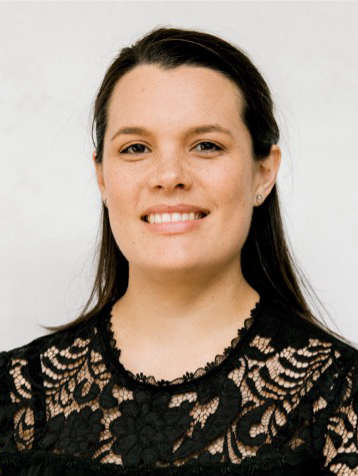
Name: Dr Janneke Aylward
Affiliation: Stellenbosch University, South Africa
Biography: Dr Janneke Aylward obtained her Ph.D. from Stellenbosch University, where she studied ophiostomatoid fungi that occupy Protea flower heads. She is currently a Senior Postdoctoral Research Fellow at the Forestry and Agricultural Biotechnology Institute (FABI) at the University of Pretoria. Her research interests lie in the adaptations that enable organisms to invade and occupy specific niches. She is active in the fields of genomics and bioinformatics and uses these techniques to study the biology and ecology of plant-associated fungi. Her recent work considers the occurrence of Cypress canker pathogens in South Africa and the USA.
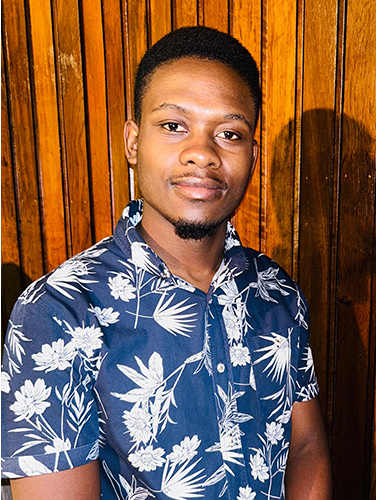
Name: Mr Mthokozisi Dladla
Affiliation: University of the Free State, South Africa
Biography: Mr Dladla is a PhD candidate at the University of the Free State in Bloemfontein. He is deeply engaged in the field of Human molecular biology. Building upon his previous academic achievements, which include a Master of Science degree in Genetics and a Bachelor's degree with honors in Genetics, he is currently focusing on advancing his understanding of molecular mechanisms.
His journey into academia began with a Bachelor of Science degree, where he explored the intricate realm of behavioural genetics. This foundational knowledge paved the way for his subsequent pursuits, including his Master’s thesis titled "Detection of antifungal resistance genes in Aspergillus species from food commodities in South Africa," which underscored his commitment to impactful research.
Beyond academia, Mr Dladla says he is passionate about public health advocacy and community engagement. As a Higher Health Peer Educator, he has worked tirelessly to raise awareness on crucial issues such as HIV prevention, substance abuse, and LGBTQI rights, reflecting his commitment to social responsibility and inclusivity.
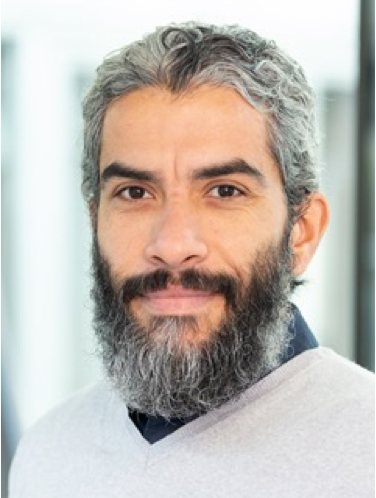
Name: Prof. Sherif Saeed Elsayed
Affiliation: HZI, Germany
Biography: In 2010, Sherif S. Ebada obtained his Ph.D. in Natural Sciences (Chemistry of Marine Natural Products) in Heinrich-Heine University of Duesseldorf, Germany, after receiving his Bachelor and Master degrees in Pharmacy at Ain Shams University (Egypt) in 2000 and 2006, respectively. Thereafter, he pursued his research endeavours in exploring fungal secondary metabolites from different geographical and ecological spots targeting the bioactive substances. His main interest is directed toward unveiling potent anti-infective and cytotoxic candidates. Along the course of his career, he gained expertise through several postdoctoral fellowships until being appointed his Professorship in 2021. Currently, he is granted the Georg-Forster Fellowship for Experienced Researchers funded by Alexander von Humboldt Foundation at Helmholtz Centre for Infection Research.
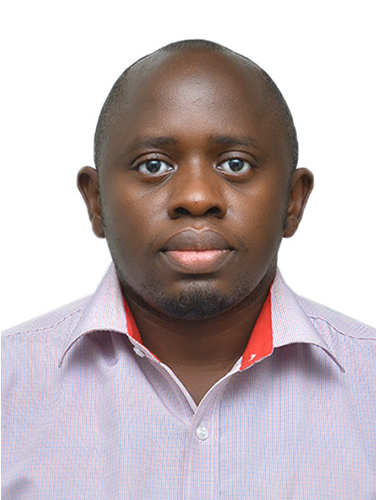
Name: Dr Richard Kwizera
Affiliation: Makerere University Infectious Diseases Institute, Uganda
Biography: Dr Richard Kwizera is a trained medical mycologist and postdoctoral research scientist at the Makerere University Infectious Diseases Institute in Kampala, Uganda. He has a goal of developing translational research in HIV-associated opportunistic infections in Uganda and across the East African region. He has a special research interest in opportunistic fungal infections and fungal immunology. He has contributed to 72 publications of which he is a first author on 21 of them. He is a member of the meningitis group investigating the outcomes of HIV patients with Cryptococcal meningitis. He is a member of the WHO Global Mycetoma working group. He is also a member of the ISHAM Pan African fungal working group. He has previously won independent funding through research, academic, travel, equipment and public engagement grants. He has recently completed his PhD investigating the burden of fungal asthma in Africa attached to the African Severe Asthma Program. This year, he was awarded the Ethel Mary Doidge Medal for Young African Mycologists from the International Mycological Association.
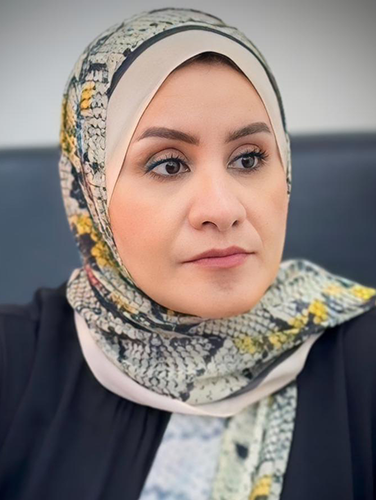
Name: Dr Fadwa Mahnni
Affiliation: Tripoli University, Libya
Biography: Dr Fadwa Mahnni has more than 10 years teaching experience and is affiliated with the Biology Department in the Faculty of Education at Tripoli University in Libya. She is an expert in data analysis and problem solving, with great attention to detail and a strong ability two work under pressure. She is also involved in a research collaboration with the university’s Chemistry laboratory for the past three years.

Name: Prof. Raphael Mmordi
Affiliation: Western Delta University, Nigeria
Biography: Prof Mordi hails from a town, Ubulu-uku in Aniocha south local government area of Delta state. He had his elementary education, primary and secondary in Ubulu-uku, and tertiary education in Eastern Michigan University, Ypsilanti, Michigan, USA. He obtained his MSc and PhD in University of Benin, Edo state. After receiving a grant from International Society For Human and Animal Mycosis (ISHAM), he spent three-month training in CDC Atlanta, Georgia USA. Currently, Prof Mordi is a Professor and Dean at the College of Applied Health Sciences, Western Delta University, Oghara Delta state. He is happily married and blessed with three children.
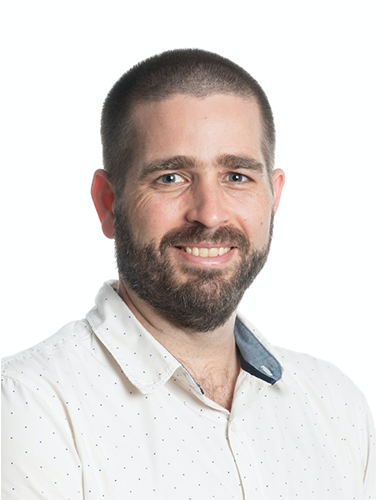
Name: Prof. Cobus Visagie
Affiliation: FABI, University of Pretoria, South Africa
Biography: Professor Cobus Visagie is an associate professor at the Forestry and Agricultural Biotechnology Institute (FABI) and co-director of the National Grain Research Programme. He also serves on the management committee of both FABI and the Centre of Excellence in Plant Health Biotechnology (CPHB). Prof Visagie is a new generation mycologist working on the taxonomy of Aspergillus, Penicillium, Talaromyces and other moulds. His research interests include their biodiversity, ecology, phylogenetics, nomenclature and identification, with a particular interest in taxonomically robust ecological and biodiversity studies. Cobus' most important contribution to the international mycological community has been the 'accepted species' lists for Aspergillus, Penicillium and Talaromyces published in Samson et al. (2014), Visagie et al. (2014) and Yilmaz et al. (2014). In Houbraken et al. (2020), he contributed to updating these lists and extending them to Eurotiales. Before these publications, the description of new species in these genera was very complicated due to the lack of reference data. This work has had a great impact internationally and has been cited a total of 3214 times. In addition, Prof. Visagie has an NRF P rating, has an h-index of 34 and has been cited more than 7000 times; he has published 66 peer-reviewed research articles in ISI-accredited journals; he has supervised seven post graduate students and has 14 others currently pursuing their Honours, Masters and PhD studies; he is on the editorial board of Studies in Mycology, Mycological Progress and co-editor of the journal Fungal Systematics and Evolution (FUSE); he serves as member of the International Commission on the Taxonomy of Fungi (ICTF) and the International Commission on Penicillium and Aspergillus (ICPA); and has been awarded several international research grants, notably a FLAIR grant from the Royal Society & the African Academy of Sciences funded by the Global Challenges Research Fund, and a grant from the European Commission - H2020- MSCA-RISE -2020 (no. 101008129).
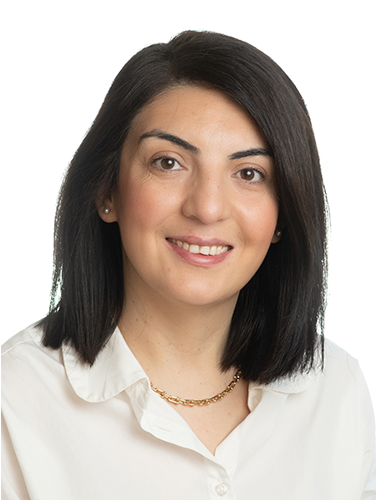
Name: Dr Neriman Yilmaz
Affiliation: FABI, University of Pretoria, South Africa
Biography: Dr Neriman Yilmaz is a fungal taxonomist and research Fellow at the Forestry and Agricultural Biotechnology Institute (FABI), University of Pretoria. Her research focuses on identifying and controlling fungi that produce harmful mycotoxins to combat food insecurity in Africa. She is a member of the National Grain Research Programme, fostering collaboration between government, industry, and universities. Her work aims to reduce hunger, poverty, and contribute to the Sustainable Development Goals. With numerous peer-reviewed articles and citations, she has received national and international funding, including support from Marie Curie Actions Research and Innovation Staff Exchange grant and the National Research Foundation (NRF). In addition to her research, she mentors, advocates for women in STEM, and raises awareness about fungi and mycotoxins through outreach activities, inspiring curiosity among farmers and students. In addition, she is the secretary and the treasurer of AfriMA.







